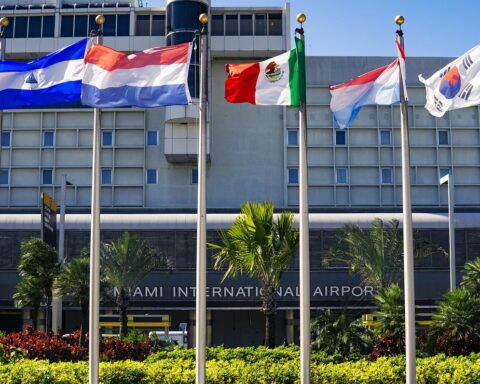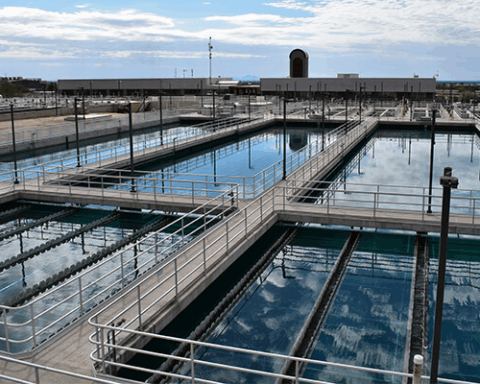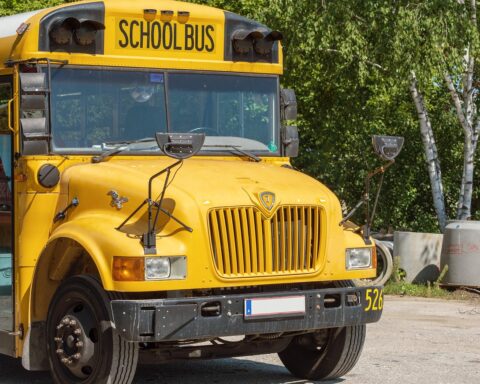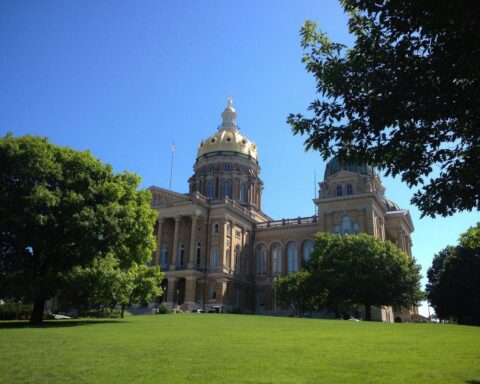An aerospace education center in Kansas has received a multimillion-dollar federal grant to upgrade and expand its services and facilities to train the next generation of pilots and aerospace professionals.
The Kansas State University Salina Aerospace and Technology Campus will receive $28 million in federal funds and another $5.5 million grant from the National Oceanic and Atmospheric Administration for aviation equipment, the university said.
“As we develop this new, state-of-the-art space for our uncrewed aircraft systems, composites and aviation maintenance programs, we are also establishing the future of aerospace education,” K-State Salina Dean Alysia Starkey said.
The investments will further establish the campus as an aerospace education hub, the university said. The funding announcement comes after the first phase of a campus revitalization project was announced in 2022 with a $10 million grant from General Atomics, an aerospace and defense technology company with headquarters in San Diego, California.
The aerospace education hub includes the work done at the applied aerospace research center, which is a leader in developing uncrewed aircraft systems. The investments will help the center build toward commercial operation of autonomous aerial vehicles for transporting passengers and goods.
The university will be able to double the size of its aviation maintenance training center. Students pursuing technical certifications or bachelor’s degrees will have more opportunities to gain hands-on experience. The investments will also fund composite materials research and training.
With the funding from NOAA for enhanced training, the university program will also prepare pilots to join the NOAA Commissioned Officer Corps, a uniformed officer service that flies planes to collect data on the earth’s atmosphere and chase down developing hurricanes to gather information that will be used for emergency response decisions.
“This federal investment opens the doors for enhanced educational programs and access, career readiness, technology-advancing research and industry partnerships to meet the demands of today and the future,” said K-State President Richard Linton. “This is what being a next-generation land-grant university is all about.”













